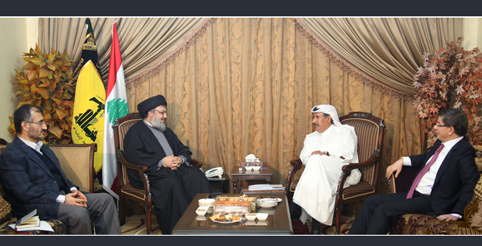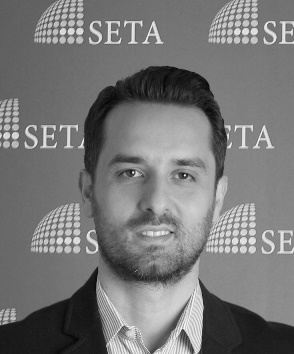The delicate sectarian balance in Lebanon, which has suffered from Israeli occupation, bloody civil wars and sectarian conflict in its short history as a modern state, was damaged gravely by the attack of 14 February 2005 in Beirut that killed the former Lebanese Prime Minister Rafiq Hariri and 22 others. While the assassination resurrected buried conflicts in the country, the efforts in bringing those who are responsible for the assassination to justice, i.e. the Special Tribunal for Lebanon (STL), brought tension rather than a semblance of normality. Even though the tribunal has not issued its indictment yet, several media leaks during the indictment preparation process sufficed to shake the delicate political balance in the country. On January 12, couple days before the prosecutor of the STL, Daniel Bellemare, submitted the court’s final indictment to pre-trial Judge Daniel Fransen; the cabinet members from the Hezbollah-led March 8 Alliance and Adnan Sayyed Hussein, a minister aligned with President Michel Suleiman, resigned from the government, effectively collapsing the government led by late Rafiq Hariri’s son Saad Hariri.
The main opposition March 8 Alliance, which is a coalition of various factions, such as Maronite Christian Free Patriotic Movement and El Marada, Shiite Hezbollah and Amal, and Druze Lebanese Democratic Party among others, had previously threatened the ruling March 14 Alliance, which is led by the Sunni caretaker Prime Minister Saad Hariri and the Maronite Christian leader of the Lebanese Forces Samir Geagea, to topple the government if their demands were not met. The opposition demanded from Hariri to call for an urgent cabinet session to discuss Hezbollah’s insistence that Lebanon withdraw all cooperation with the STL. The demand was snubbed by Hariri, who was coincidentally in a meeting with the US President Barack Obama in New York when his government was toppled due to his ongoing support for the controversial STL.![]()
Controversy over the STL
The STL was established on Lebanese government’s request from the United Nations to try all those who are alleged responsible for the Hariri assassination. Initially, the STL implicated high-ranking Lebanese and Syrian officials for the assassination and detained four pro-Syrian Lebanese generals without charge for four years. When they were released due to lack of evidence and failure to make “a case against Syria” (According to a US embassy cable published by Wikileaks, Bellemare stated that he had no case against Syria), suspicions were almost automatically directed toward Hezbollah. Since the STL entered into force in 2007, it has received criticism rather than appreciation from many local Lebanese factions while the United States and the European countries gave staunch support to it. Meanwhile, the tribunal’s legitimacy has suffered greatly due to several controversies it has provoked, such as false witnesses, indictment leaks and foreign intervention. The release of four pro-Syrian generals and later conviction that Syria had no role in the assassination raised many legitimate questions about the possibility that the tribunal might have political motives. The false witness scandal, on the other hand, caused irreparable damage to the tribunal’s legitimacy. The key witness of the investigation, Muhammad Zaher Al-Sadiq, a former Syrian agent, had blamed Syria and Hezbollah for the assassination and his testimony shaped the course of the investigation. However, years later the tribunal stated that he misled the investigation and was actually a false witness. This was later confessed by Hariri when he said the probe was misled by certain people and he was wrong to accuse Syria for the assassination. Several media leaks about the content of the tribunal’s indictment also raised serious doubts about the confidentiality of the investigation. While Der


